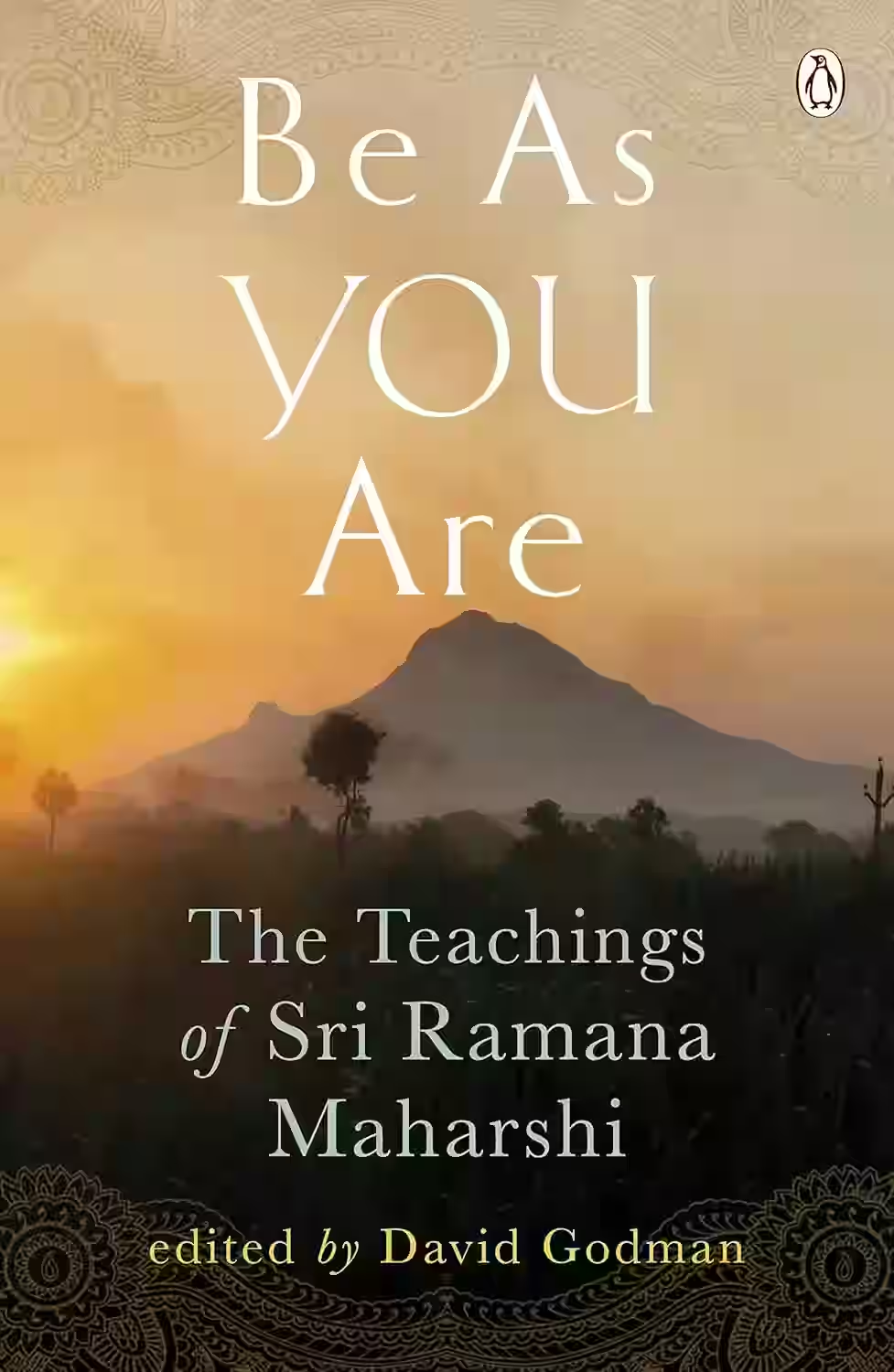
In 'Be As You Are,' Sri Ramana Maharshi invites readers to explore the depths of their being through profound insights and teachings on self-realization and liberation. Through conversations with Maharshi, the book delves into the nature of the self, the ego, and the path to realizing one's true essence beyond societal conditioning. It emphasizes the practice of self-inquiry and mindfulness as tools for transcending the limited self and experiencing the boundless ocean of consciousness within. This timeless classic offers a transformative journey towards inner peace and enlightenment, inspiring readers to question their identities and awaken to the eternal truth of existence.
About Sri Ramana Maharshi
Sri Ramana Maharshi (1879-1950) was an influential Indian spiritual leader and philosopher known for his teachings on self-inquiry and non-duality. Born in Tamil Nadu, he experienced a profound spiritual awakening at the age of 16, after which he retreated to the sacred hill of Arunachala where he lived for the rest of his life. Ramana Maharshi wrote very little, but his seminal work 'Who am I?' is a collection of his teachings that continue to inspire seekers worldwide. His emphasis on self-realization and inner transformation has had a lasting impact on literature, philosophy, and spiritual practices.
Similar Books
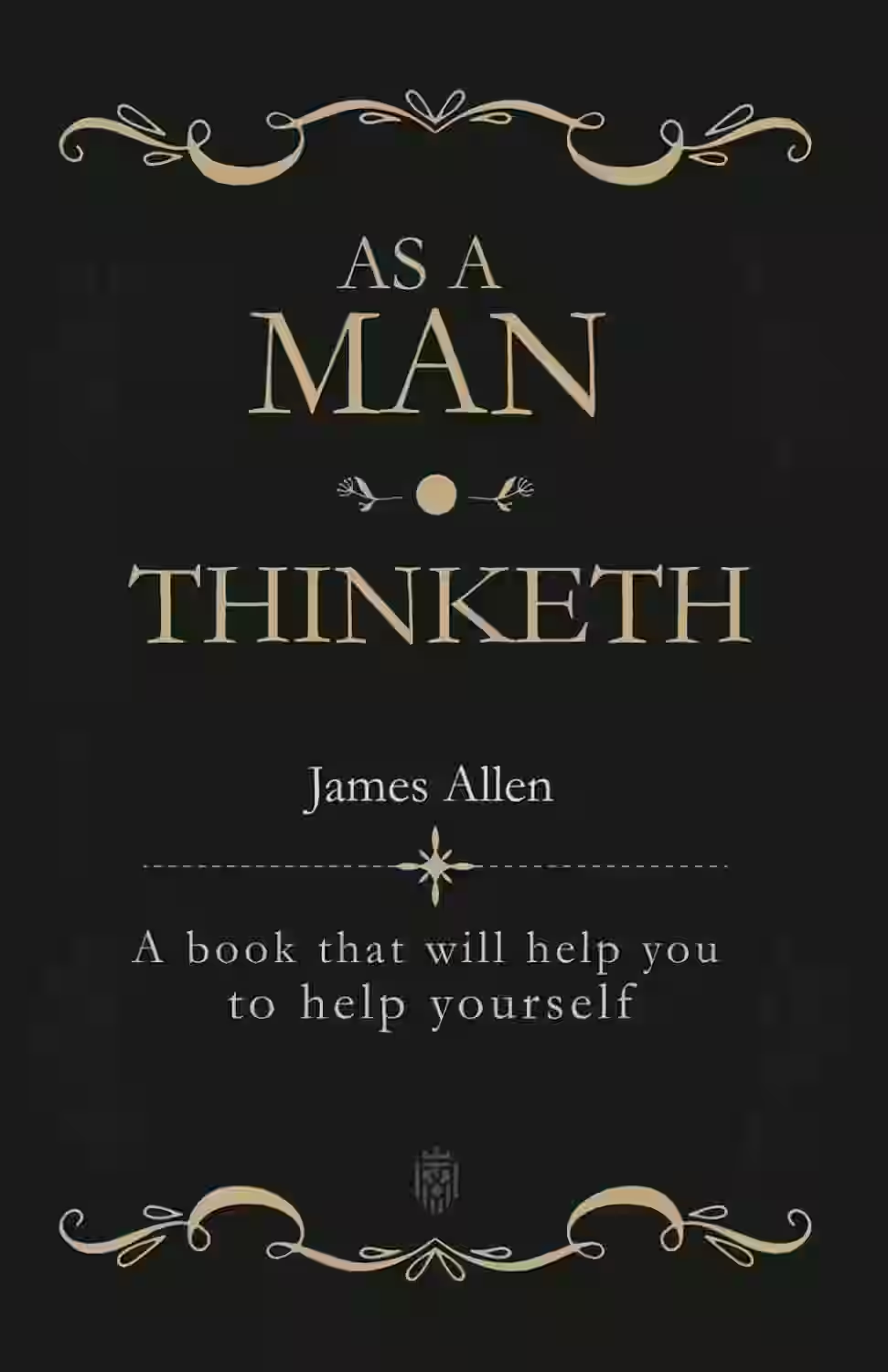
As a Man Thinketh
by James Allen
In 'As a Man Thinketh' by James Allen, the author explores the power of our thoughts and the impact they have on shaping our lives. Through insightful reflections and practical wisdom, Allen emphasizes the correlation between one's mindset and their circumstances. The book underscores the notion that individuals have control over their thoughts, which in turn influence their actions and ultimately determine their destinies. Allen's timeless message serves as a beacon of inspiration, advocating for self-reflection, personal responsibility, and the cultivation of a positive mental attitude. 'As a Man Thinketh' is a profound exploration of the mind's potential and a guide to harnessing its power for personal growth and fulfillment.
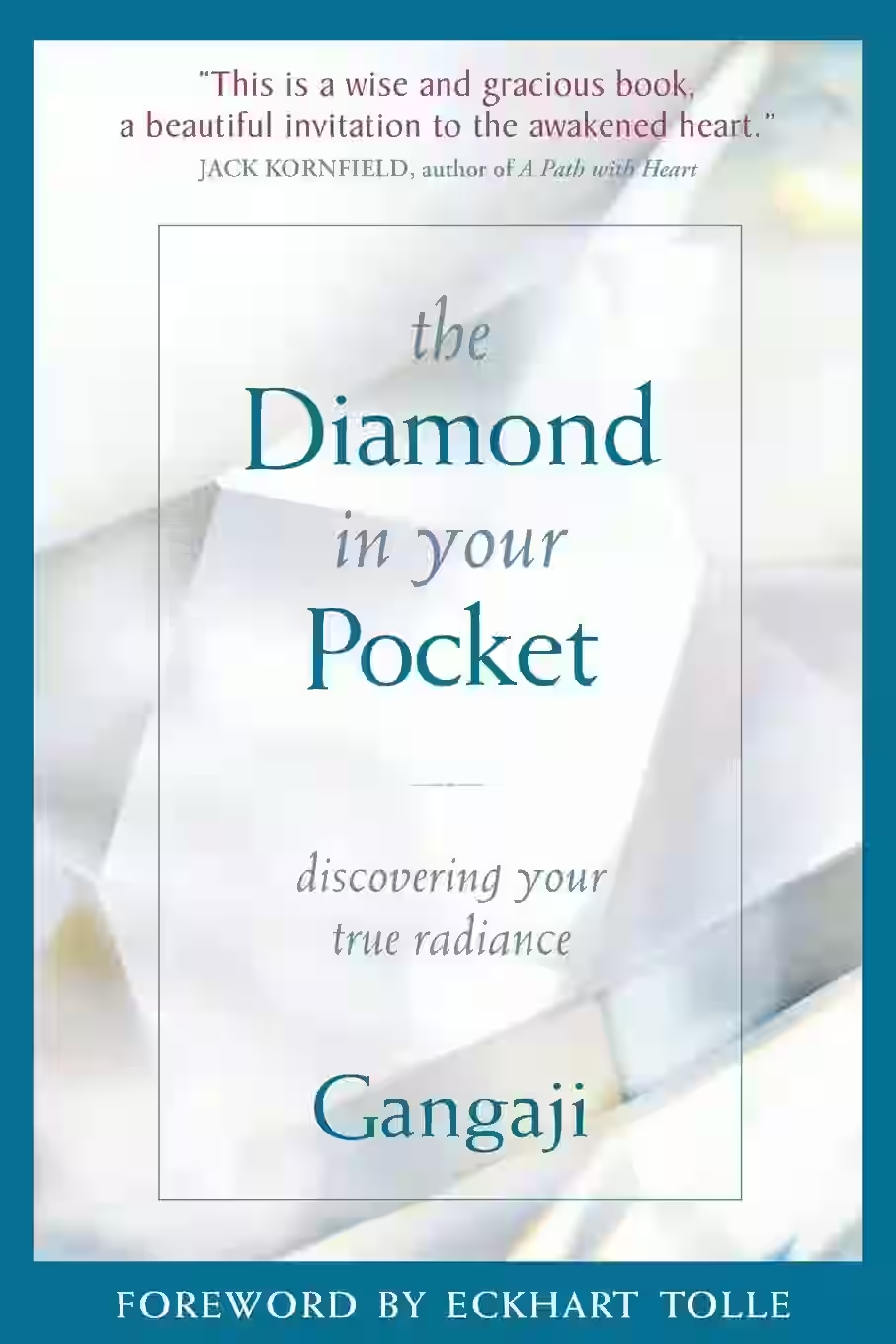
The Diamond in Your Pocket
by Gangaji
In 'The Diamond in Your Pocket' by Gangaji, readers are taken on a profound journey of self-discovery and realization. The book delves into the nature of consciousness, the search for inner peace, and the power of embracing one's true self. Gangaji skillfully navigates through the complexities of spirituality, offering insights and practical wisdom to help readers uncover the 'diamond' of truth within themselves. Through personal anecdotes and deep reflections, the author encourages readers to let go of limiting beliefs and connect with the essence of who they truly are. This book serves as a guiding light for those seeking spiritual enlightenment and inner transformation.
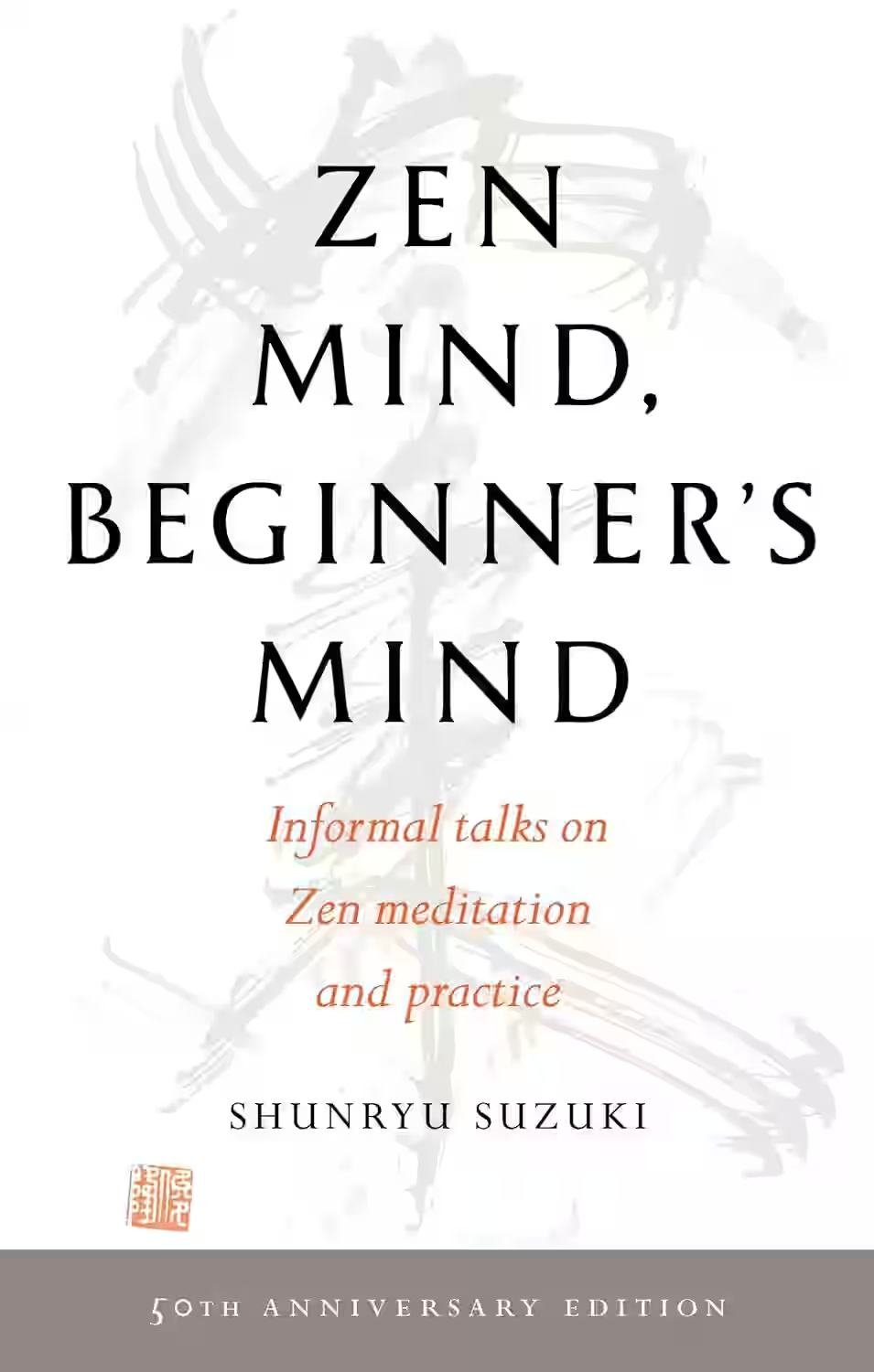
Zen Mind, Beginner’s Mind
This beloved introduction to Zen philosophy encourages readers to approach life with the openness of a beginner’s mind. Shunryu Suzuki, a Japanese Zen master, emphasizes simplicity, discipline, and non-attachment in meditation and daily living. Through short teachings and anecdotes, he explores concepts like breath awareness, mindfulness, and presence. The book’s core message is that spiritual depth arises not from mastering techniques, but from cultivating curiosity and acceptance in each moment. Revered for its clarity and poetic resonance, it has become a timeless guide for practitioners of Zen and anyone seeking peace, mindfulness, and a return to the present.
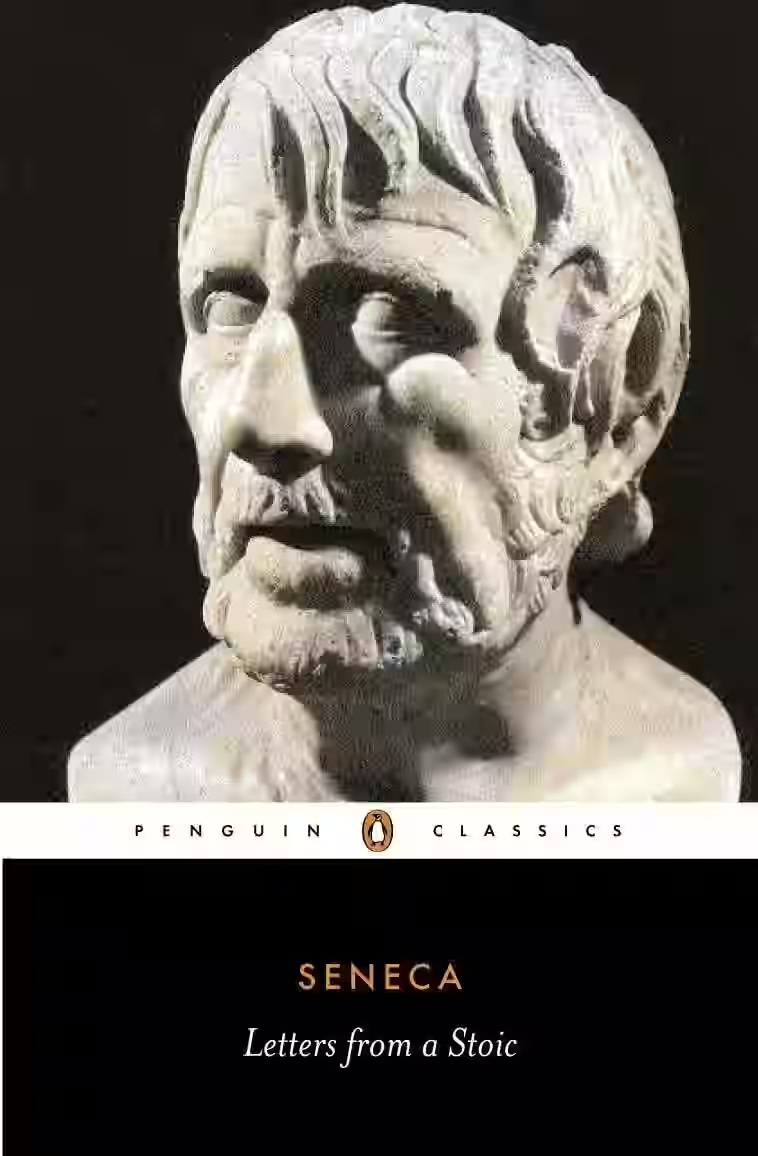
Letters from a Stoic
by Seneca
A cornerstone of Stoic philosophy, Letters from a Stoic is a collection of personal correspondence from the Roman philosopher Seneca to his friend Lucilius. These letters offer timeless wisdom on topics such as grief, wealth, friendship, fear, and the art of living. Seneca advocates for virtue, rationality, and emotional resilience, emphasizing control over one’s inner life regardless of external events. His practical advice and moral reflections are accessible yet profound, making this a foundational text for anyone seeking clarity, discipline, and inner peace. It remains a vital guide for modern readers exploring the philosophy of Stoicism.